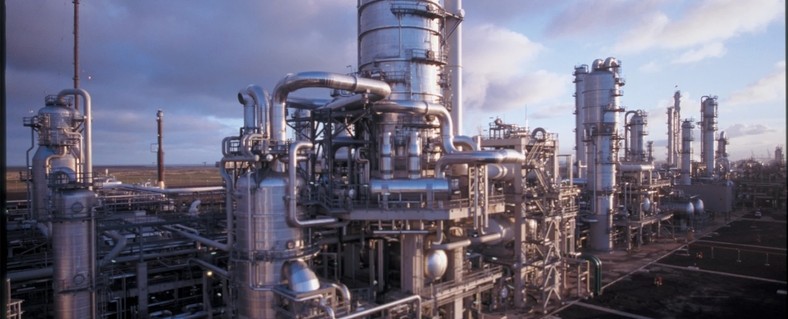A plan to strengthen Europe's chemical industry
main text
A plan to strengthen Europe's chemical industry

LyondellBasell Industries
LyondellBasell's Maasvlakte plant in the Netherlands produced propylene oxide and styrene monomer at one the largest scales in the world. LYB announced a closure at the site earlier this year.
The European Commission has a new action plan to strengthen Europe's chemical industry, building on the Clean Industrial Deal announced in February this year.
Soaring energy costs since Russia's invasion of Ukraine, outdated infrastructure and mounting international competition have placed European Union chemical producers under severe strain. Over the past two years, more than 20 major production sites have shut down, including steam crackers and other upstream facilities that produce building blocks for plastics. The EU estimates job losses at between 10,000 and 20,000.
The new plan addresses challenges like high energy costs, unfair global competition and weak demand, while promoting investment in innovation and sustainability.
It focuses on four strategic pillars: strengthening resilience and keeping production in the EU; securing affordable energy and accelerating decarbonization; fostering innovation and creating lead markets; and simplifying the regulatory framework.
Central to the strategy is the launch of a new Critical Chemicals Alliance, officials said. The Alliance will help identify critical production sites and molecules in the EU for modernization and decarbonization support.
To address the energy crisis, the Commission wants to implement the Affordable Energy Action Plan "at full speed." Key measures include lowering taxes and system costs, accelerating energy project approvals and deepening electricity market integration.
The Commission has also introduced rules for low-carbon hydrogen and will update state aid to lower electricity costs for more chemical producers by the end of 2025. The plan also encourages using clean carbon sources like carbon capture, biomass and waste, alongside support for renewable energy.
The plan also includes chemical recycling of plastics as a way to reduce the EU's dependence on virgin, fossil-based resources. The Commission launched a public consultation on allowing mass balance for chemical recycling in bottles on the same day as the Action Plan.
The upcoming Bioeconomy Strategy and Circular Economy Act are also expected to strengthen the market for bio-based and recycled alternatives to traditional fossil fuel-based materials.
The Circular Economy Act is intended to bring down feedstock costs, foster a higher supply of high quality recyclates, and stimulate demand for secondary materials and circular products. It will enable the free movement of circular products, secondary raw materials and waste within the EU.
The Bioeconomy Strategy will define ways to scale up the manufacturing of bio-based materials, develop biotechnologies, and promote investment in high-value applications, including for chemicals.
The new action plan outlines significant financial backing, including 600 million euros ($701 million) from Horizon Europe for near-deployment innovation. It also includes a 1 billion euro ($1.16 billion) pilot Industrial Decarbonization Bank to be launched in 2025 focusing on decarbonizing heat. As part of the Clean Industrial Deal, the EU has committed to mobilizing over 100 billion euros ($116 billion) to support EU-made clean manufacturing.
For regulatory simplification, the Commission has adopted a sixth simplification omnibus targeting the chemicals sector, including streamlined labeling and reporting rules, with annual savings projected at over 360 million euros ($420 million). It also plans targeted revisions to the REACH regulation, a new basic regulation for the European Chemicals Agency (ECHA), and a proposal to minimize PFAS emissions while ensuring continued use in critical applications under strict conditions where no alternatives are available.
The EU chemical industry is the fourth largest manufacturing sector in the continent, with 29,000 companies providing 1.2 million direct jobs and supporting 19 million across supply chains.
* Source : https://www.plasticsnews.com/news/eu-action-plan-aims-strengthen-chemical-industry
* Edit : HANDLER
